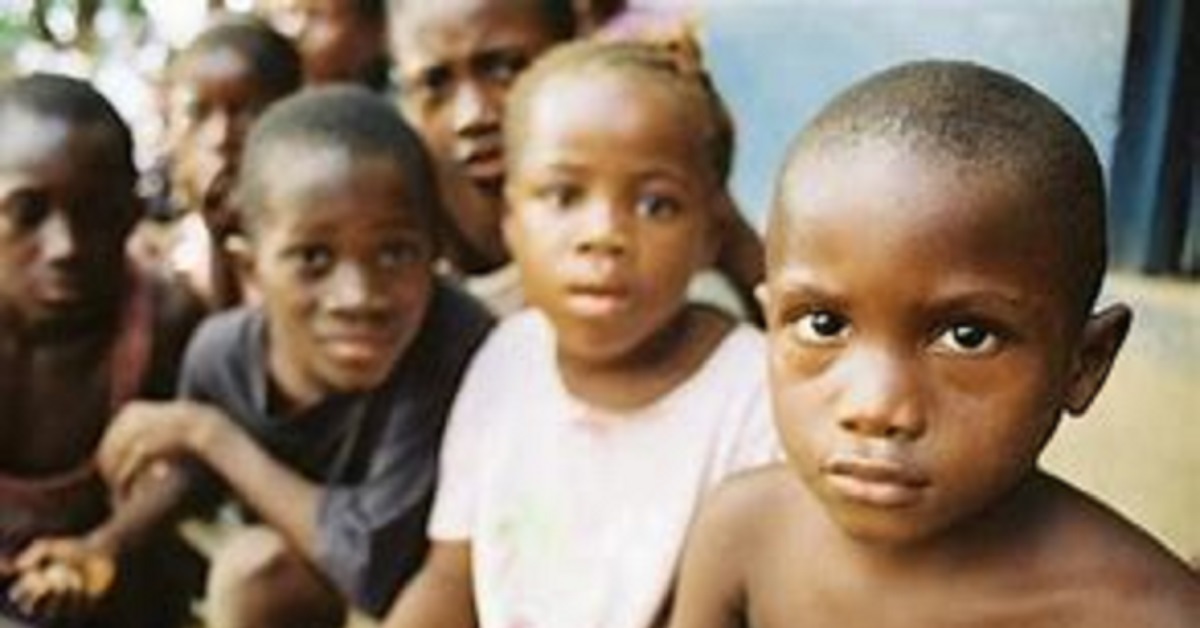A recent report from UNICEF has brought to light a troubling reality in Sierra Leone, revealing that a staggering 66% of the country’s children are experiencing social or material deprivation, a condition that classifies them as multidimensionally poor.
This statistic underscores a significant challenge for the nation as it strives to improve the living standards of its youngest and most vulnerable citizens.
The report, drawing from the 2017 survey conducted by Statistics Sierra Leone (Stats SL, 2018), paints a stark picture of regional inequality in child poverty. It highlights that over 80% of children in districts such as Koinadugu, Pujehun, Moyamba, Bonthe, and Tonkolili are living in multidimensional poverty.
In contrast, the Western Area shows comparatively lower rates, with 45% of children in rural districts and 32% in urban areas facing similar conditions. This disparity has effectively created a “poverty belt,” dividing the country into more deprived northern and southern regions, while the western and eastern parts fare slightly better.
The findings of this report come at a critical time, as the government of Sierra Leone continues to grapple with implementing effective social protection measures.
The 2020 revised National Social Protection Policy identifies social protection as a priority, aiming to establish an inclusive framework that considers gender, disability, and age.
However, the report points out that the current social protection systems are inadequately reaching the population. Shockingly, only 4.4% of Sierra Leoneans benefit from any form of social protection, and a mere 0.8% of children receive such support.
The lack of comprehensive social protection is particularly concerning for children living in households headed by individuals with disabilities, who are disproportionately affected by poverty. Despite the establishment of a national fund for persons with disabilities under the 2011 Persons with Disability Act, the report notes that full implementation of this initiative remains elusive.
Efforts to improve the social protection landscape in Sierra Leone have seen some progress, with the development of delivery mechanisms such as the Social Protection Registry for Integrated National Targeting and grievance redress systems.
Non-contributory social transfer schemes have also been introduced, targeting vulnerable groups. However, these measures have yet to reach the scale needed to make a significant impact on the country’s child poverty crisis.
UNICEF’s report urges the Sierra Leonean government to take decisive action to strengthen its social assistance programs. Recommendations include providing targeted allowances for households below the poverty line, enabling self-employed and informal workers to join the national insurance scheme, and expanding cash transfer programs to cover extremely poor and food-insecure families who currently fall outside of existing contributory schemes.
The report’s findings highlight an urgent need for a more comprehensive and effective social protection system to combat the widespread deprivation affecting Sierra Leone’s children. Addressing this issue is not just a matter of economic policy but a critical step toward securing a better future for the nation’s youngest citizens.











